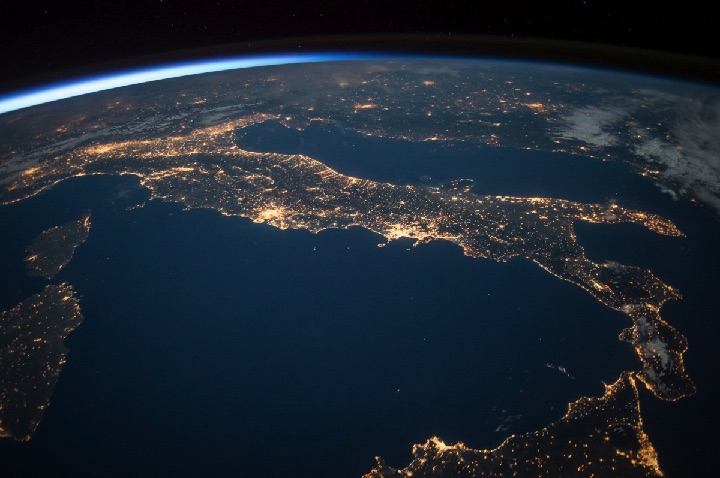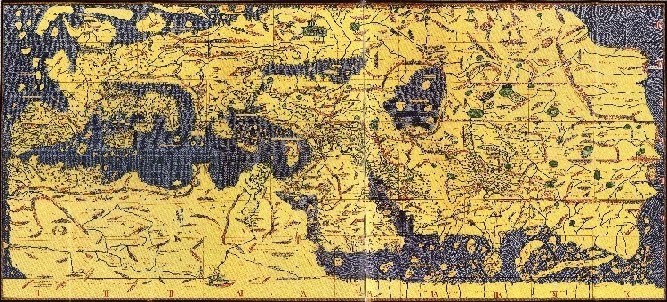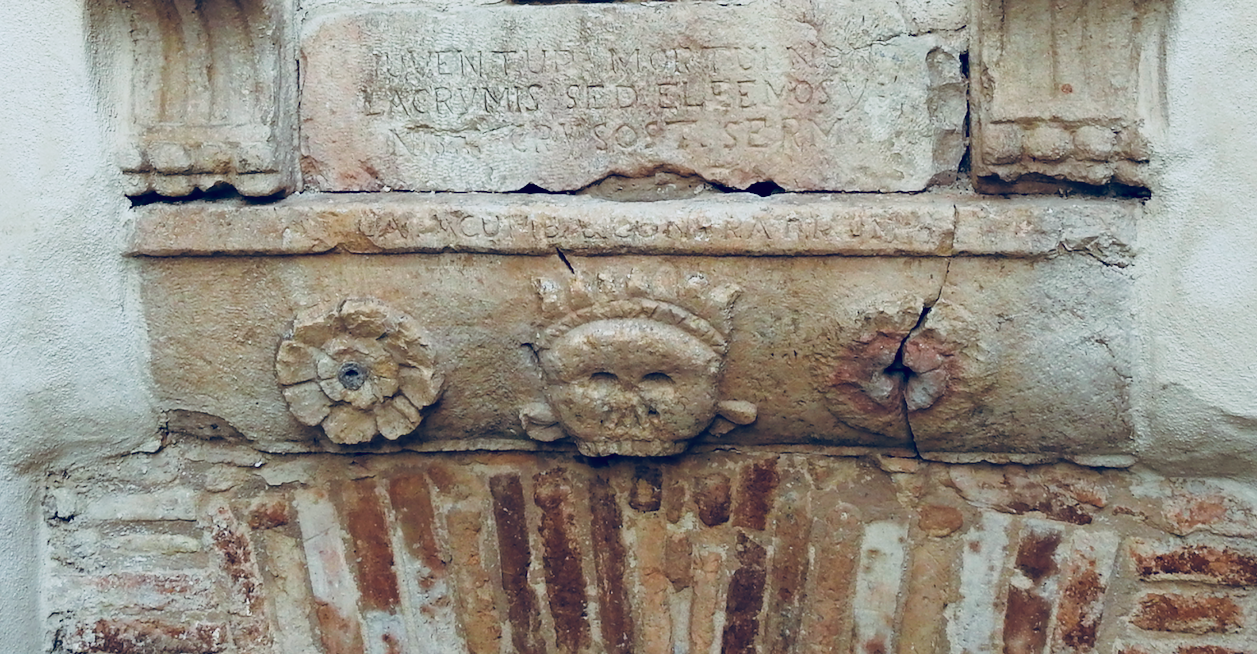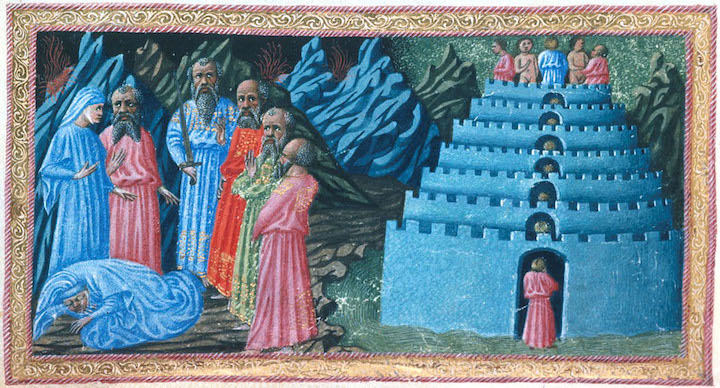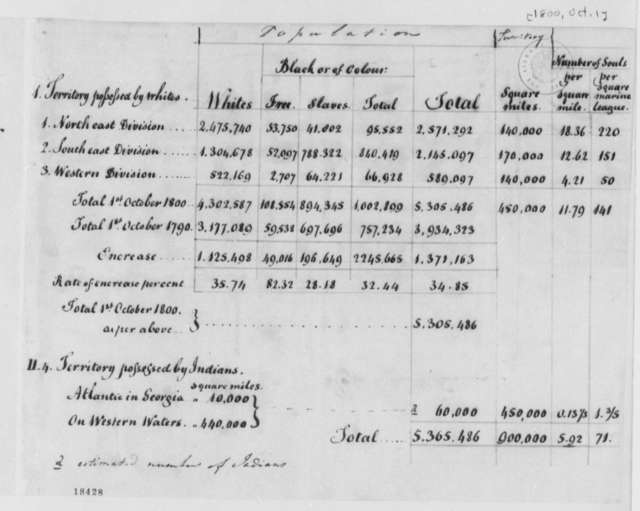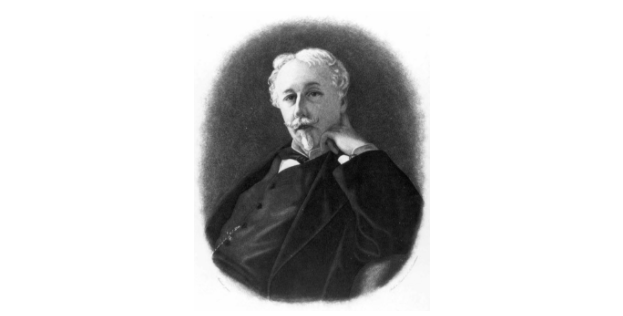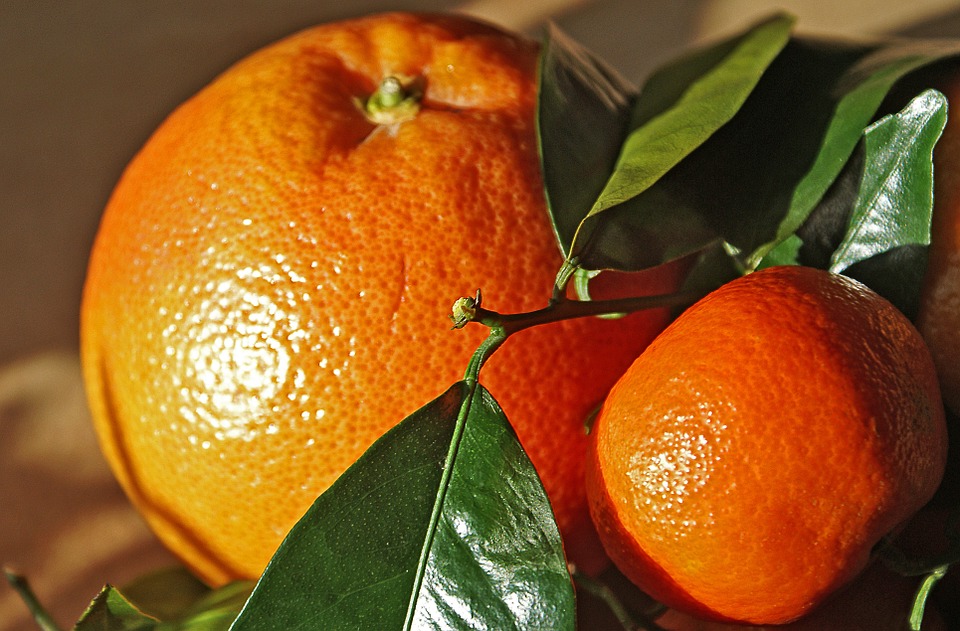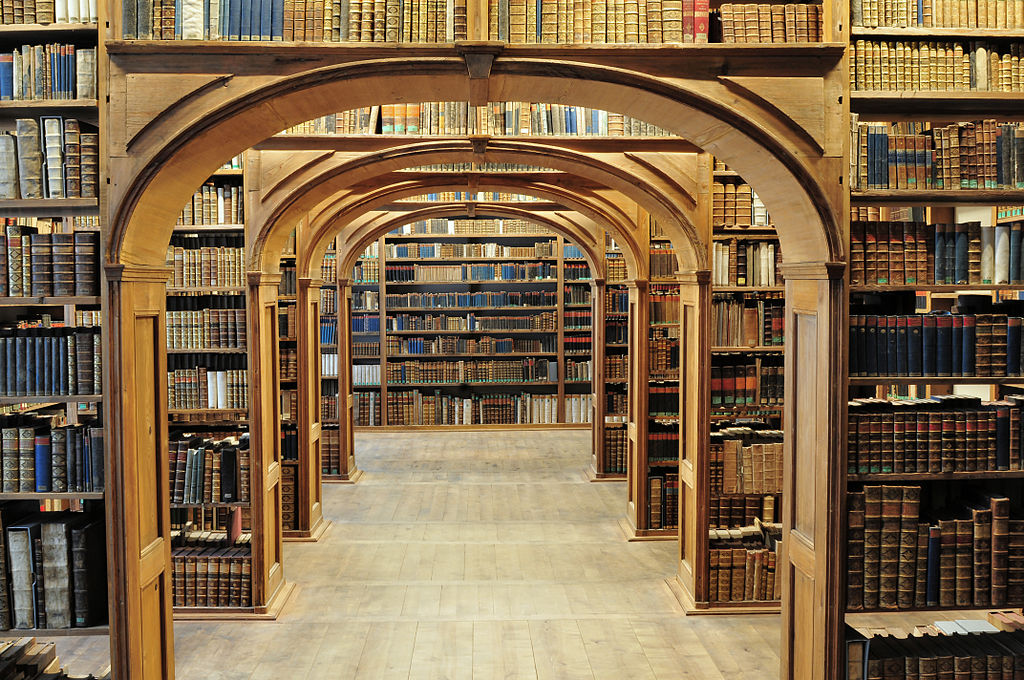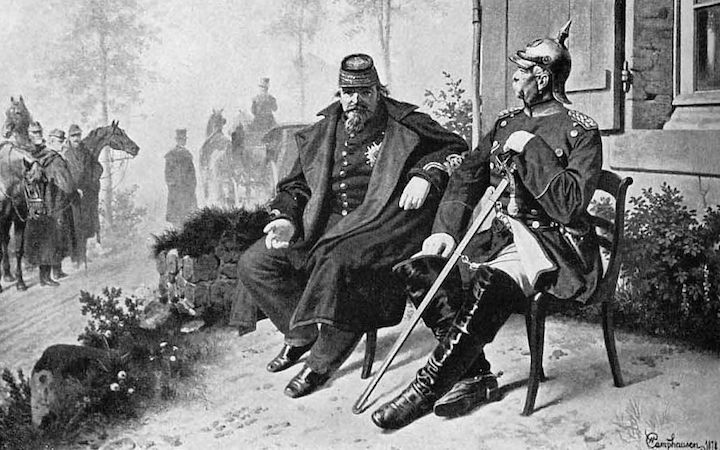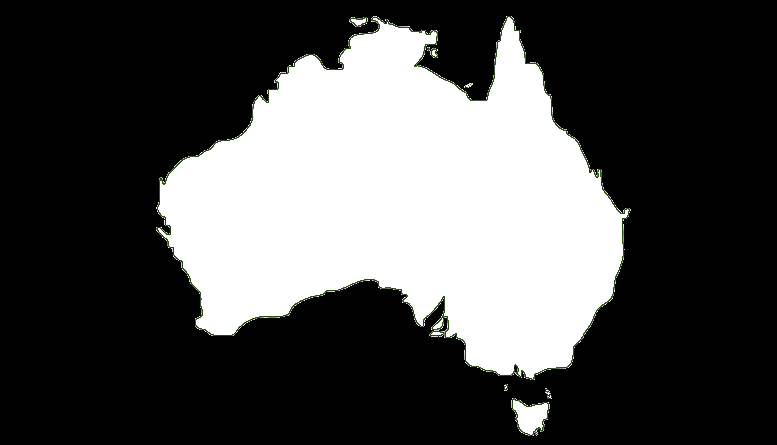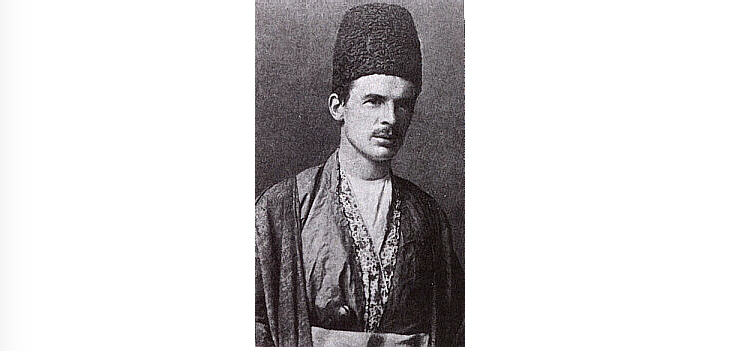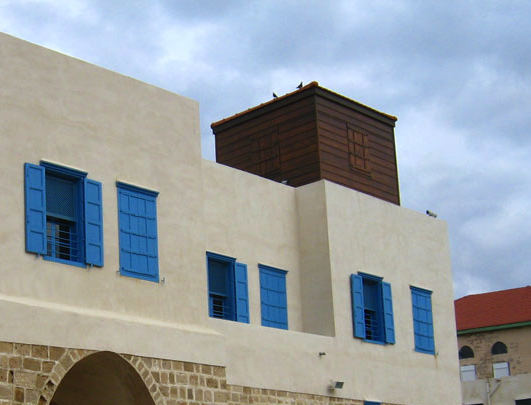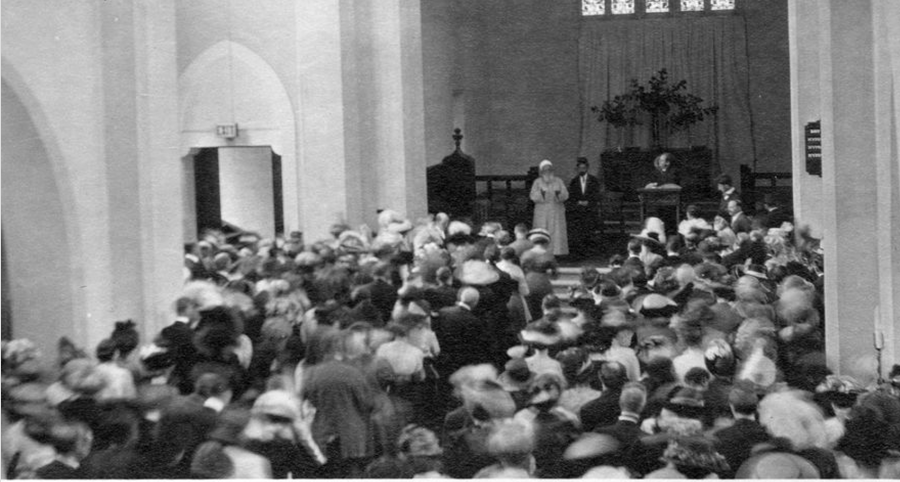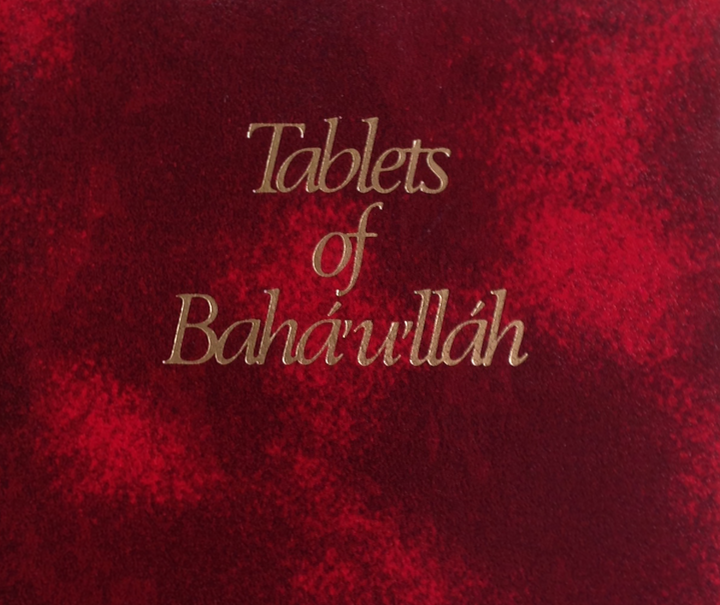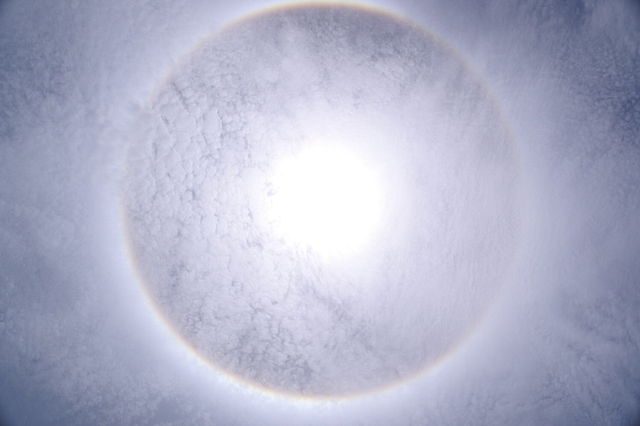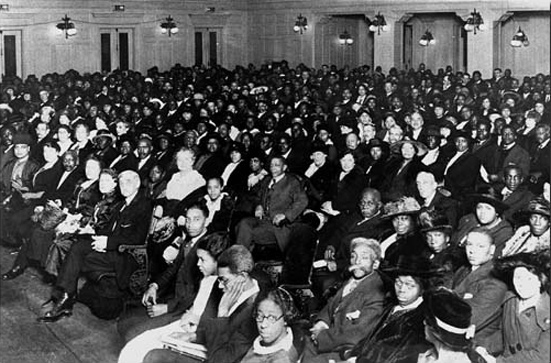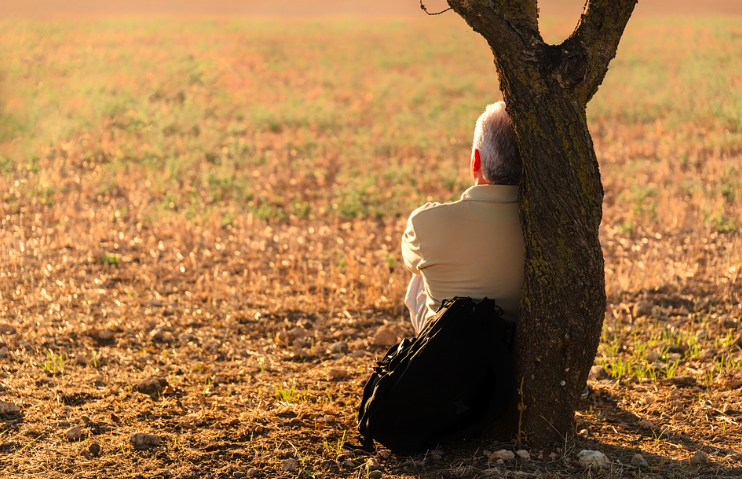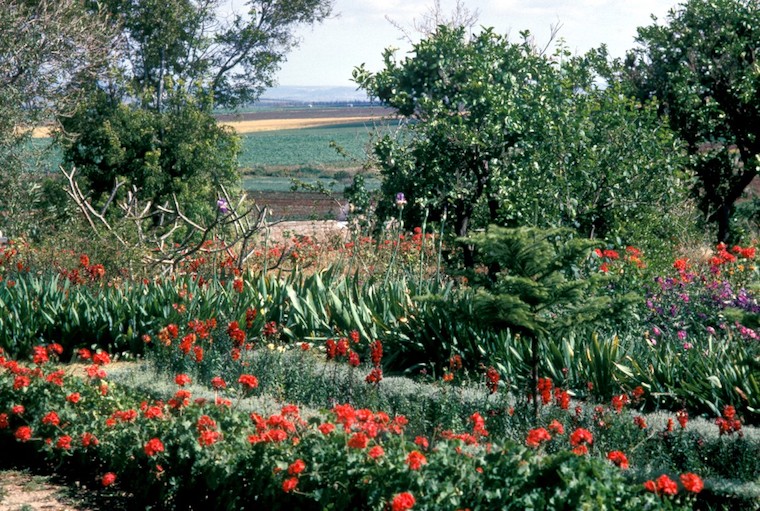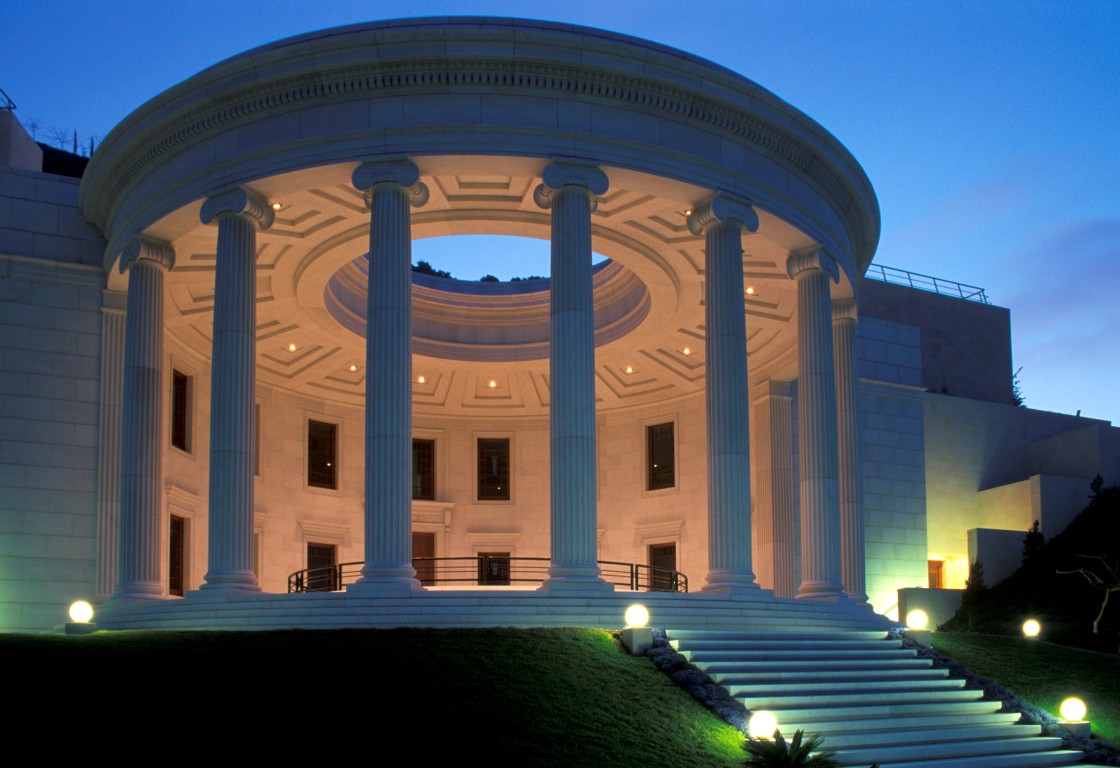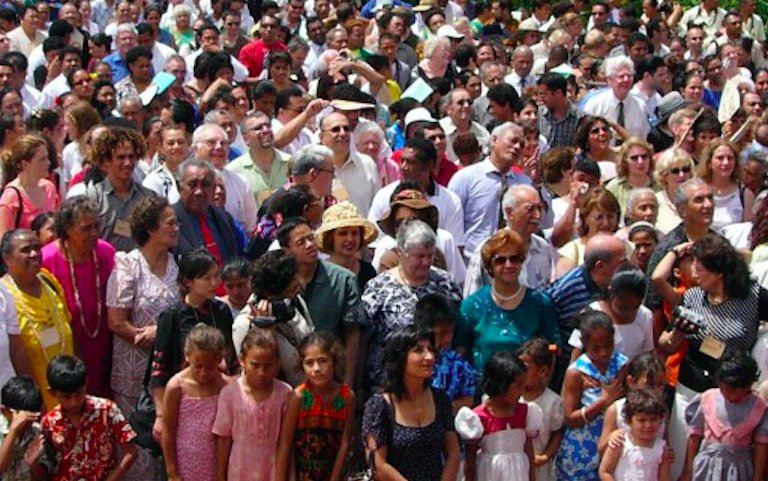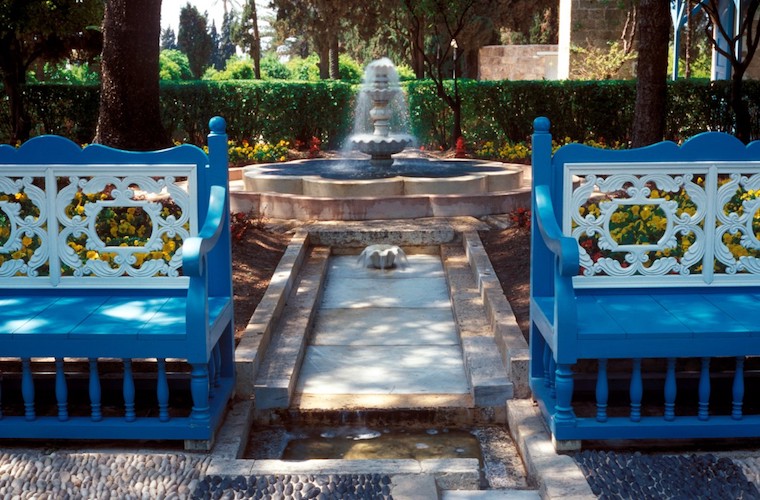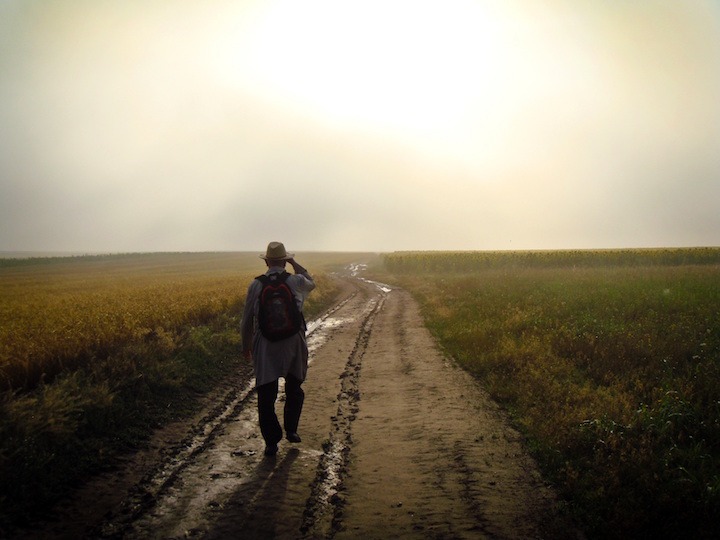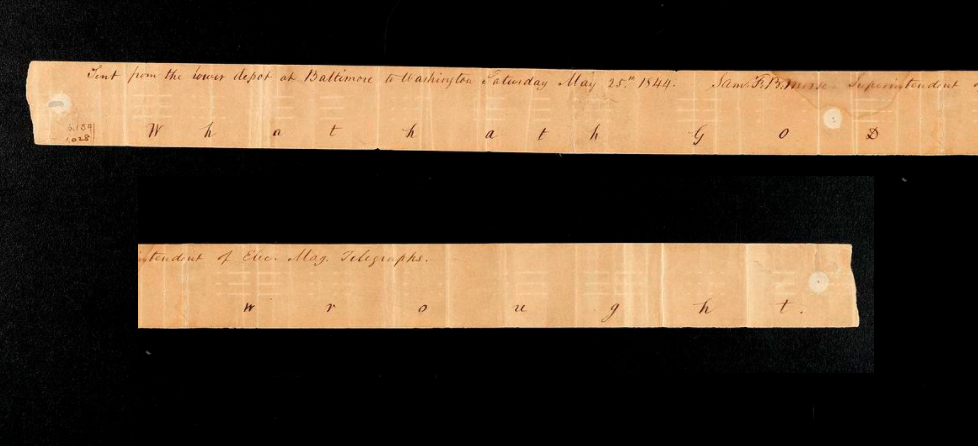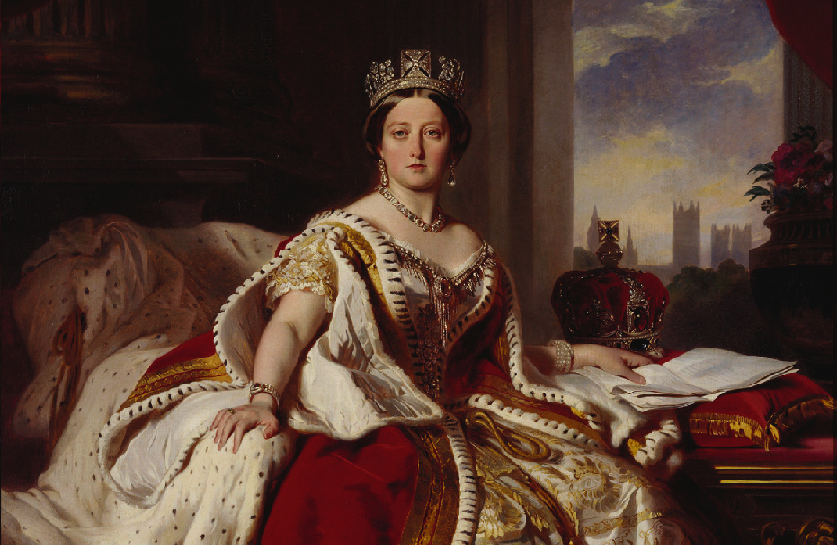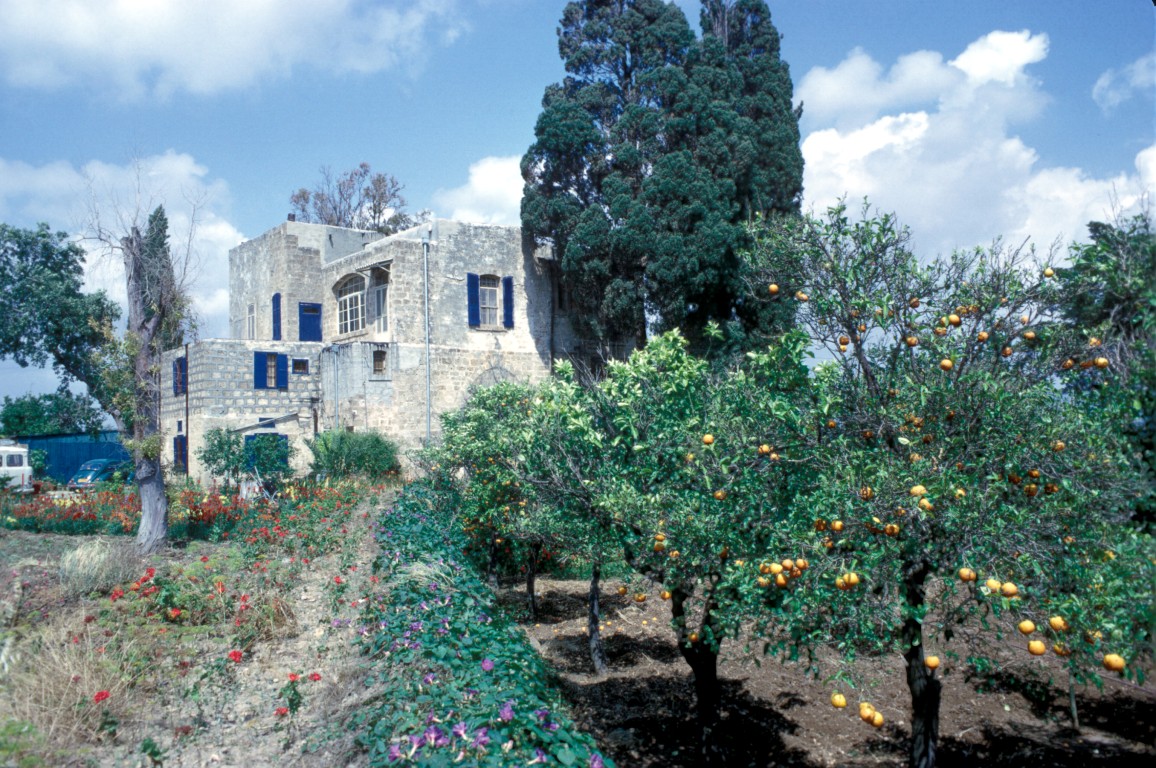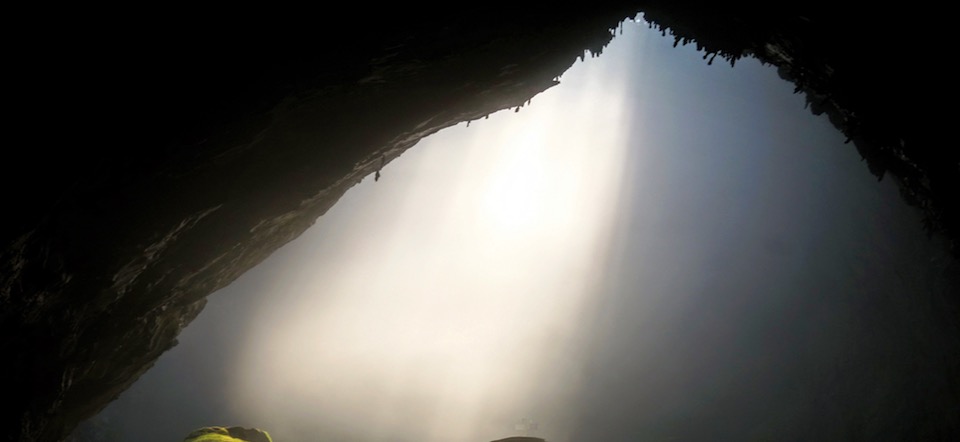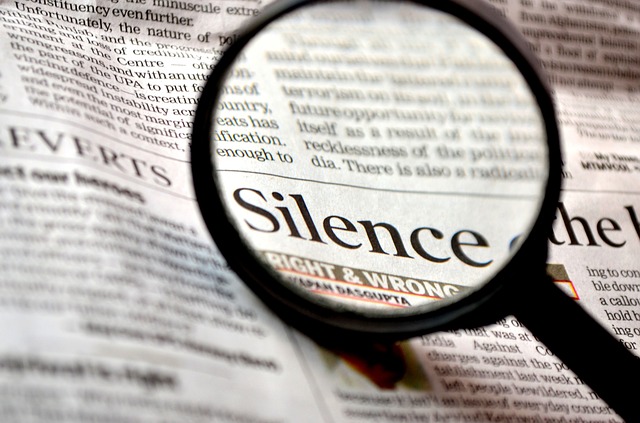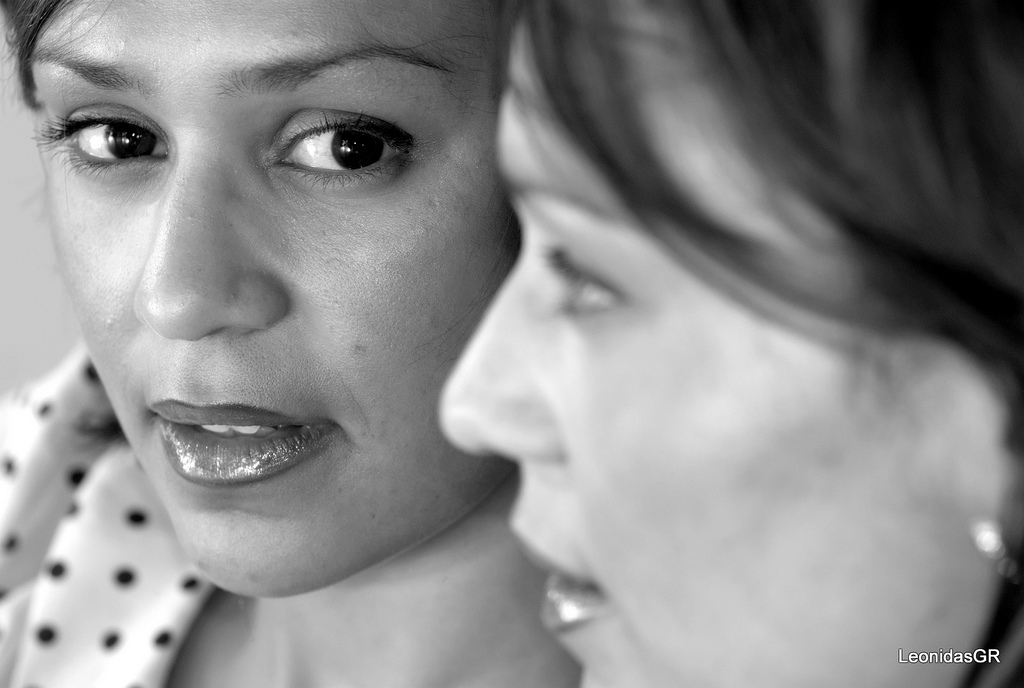-
Commentary – Who am I to Speak to You of Italy
This article is the promised commentary on: “Who am I to Speak to You of Italy“, which I wrote in April. In part a commentary recognises that our words never really leave us. They travel along with us and reveal new unimagined meanings and inspire new departures as they speak to us from memory. Much is communicated in Who am I to Speak … by allusion; and many unwritten and written words lie under those that were set down, and a commentary may enrich communication. However, it is not necessary to read the commentary and you may choose not to do so, as commentary (even by writer) may also confine…
-
Maria Famà – “I will not check the box for white on any form”
Maria Famà’s poem “I Am Not White” lives in the folded places between two worlds. Through her Italian-American eyes we see her lived experience of America’s hyper-racialised culture. The central dynamic of the poem is a box on a form. A box which, in truth, demands a lie. For her stories do not belong. The convenience which in America goes with the claim is too uncomfortable. The price is too high for Maria Famà. “I will not check the box for white on any form.” Her reflections go further for her words reminds us that the Mediterranean, where Sicily (and Italy) is found, is not only a European sea. Its…
-
Origins of Racism: the Case of the Count de Gobineau
When we see racism still at work in our world it is important not only to know its current manifestations but also to understand something of how it arose. This article concerns, Count Arthur de Gobineau, a man who is often labelled a “father of racism”. Of course, no one individual is solely responsible – but he was clearly one of those whose influence contributed to the strengthening of racist ideology. Curiously enough he also appears as the European historian who wrote the first extensive account of the birth of the Babi religion, as we have seen in the article on E.G Browne. Regrettably, it appears, Gobineau did not pursue…
-
White Australia Policy
Most us take a multicultural, multiracial reality in our stride – a normal and welcome part of life. It is a very recent development. For a Faith that arrived in Australia when the White Australia policy was the law, it inevitably raised questions for some of the newly enrolled Baha’is. How were they to square their religious beliefs – with the expectations of the society around them? And maybe with their own unexamined prejudices about their fellow human beings? The period in question unfolded mostly during the time that Shoghi Effendi led the Baha’i Faith. And at a general level, the likely answer was clear enough. Baha’u’llah came to establish the…
-
A Tribute to Bahá’u’lláh
This article tells the story of a moment in time. A small event, briefly told, yet one that still echoes through time and space. A few evenings ago the words from that event echoed in song in the Australasian Baha’i House of Worship in Sydney. Here is the story. ‘Abdu’l-Bahá was travelling to the West. In October 1911 he reflected on his arrival in Paris, one of the first Western cities he visited: I regret much that I have kept you waiting this morning, but I have so much to do in a short time for the Cause of the love of God. You will not mind having waited a little…
-
We are One – Overcoming Racism: Part 2
As introduced in yesterday’s article, racism is entirely incompatible with Bahá’u’lláh’s teachings. Close your eyes to racial differences, and welcome all with the light of oneness.[1] As Westerners began to join the Baha’i Faith early in the 1900s, it was clear that racism would need to be addressed, and ‘Abdu’l-Bahá, Bahá’u’lláh’s eldest son, set out to do so. Indeed ‘Abdu’l-Bahá began this work from the earliest visits of Western pilgrims who came to see him in the early 1900s to learn about Bahá’u’lláh’s teachings. In 1911 he invited Louis Gregory, an African American lawyer, to visit him. The pilgrimage not only had a profoundly transformative spiritual impact on Gregory but provided opportunities for ‘Abdu’l-Bahá to stress…
-
We are One – Overcoming Racism: Part 1
While Bahá’u’lláh, a persecuted prisoner of the Ottoman Sultan, was promulgating his universal teachings of the oneness of humanity, wholly different and toxic doctrines were taking hold in Western thought. Racism was emerging as scientific and intellectual orthodoxy and was to reach its horrific nadir in the holocaust of World War II. Europeans held dominance over their fellow human beings as colonial powers – a dominance often misused. A strict racial segregation and hierarchy was the reality of race relations in America. The flowering of European material culture seduced many in the West with the false idea of inherent “white” superiority. Racism is entirely at odds with Bahá’u’lláh’s teachings and the intent and meaning…
-
No Human Being is Unclean
Bahá’u’lláh abolishes the concept of “uncleanness”. In different cultures, at different times, human beings and things have been held to be “unclean” – in the specific case of religion, “ritually unclean”. In 1873, Bahá’u’lláh wrote: God hath … abolished the concept of “uncleanness,” whereby divers things and peoples have been held to be impure.… Verily, all created things were immersed in the sea of purification when, on that first day of Riḍván, We shed upon the whole of creation the splendors of Our most excellent Names and Our most exalted Attributes.[1] Bahá’u’lláh’s purpose in doing so is suggested in the words that follow shortly after: Consort ye then with the followers of all…
-
Silence
Silence. One day I visited a bookstore. It’s one of those clinging to survival in an increasingly post-book world. Aimed at a “discerning” audience it carries a rich diversity of titles – fiction and non-fiction on virtually every topic. It is particularly well stocked with historical works – Europe, America, Australia, Germany, Britain, France and others. Plenty to choose from. But that day I was looking for Italian history. I was looking for my history, for “Italy”. I found the Italian history section. It consisted of two books. One was a book on Simon Bolivar, the great liberator of South America, misclassified as “Italian”. The second was a book on the mafia. Here was all…
